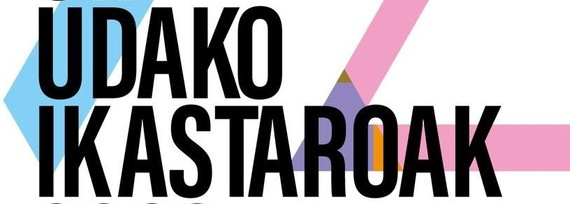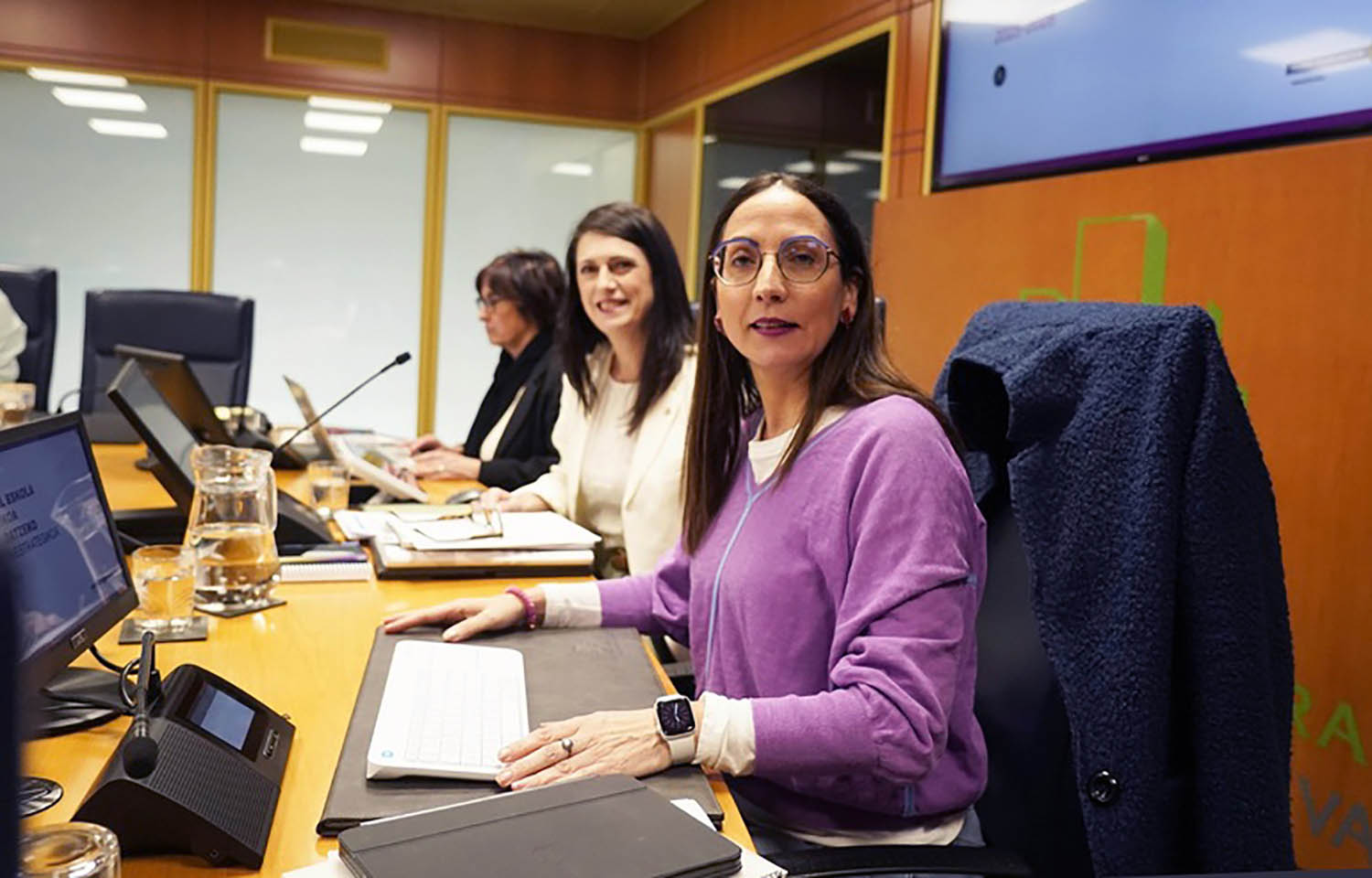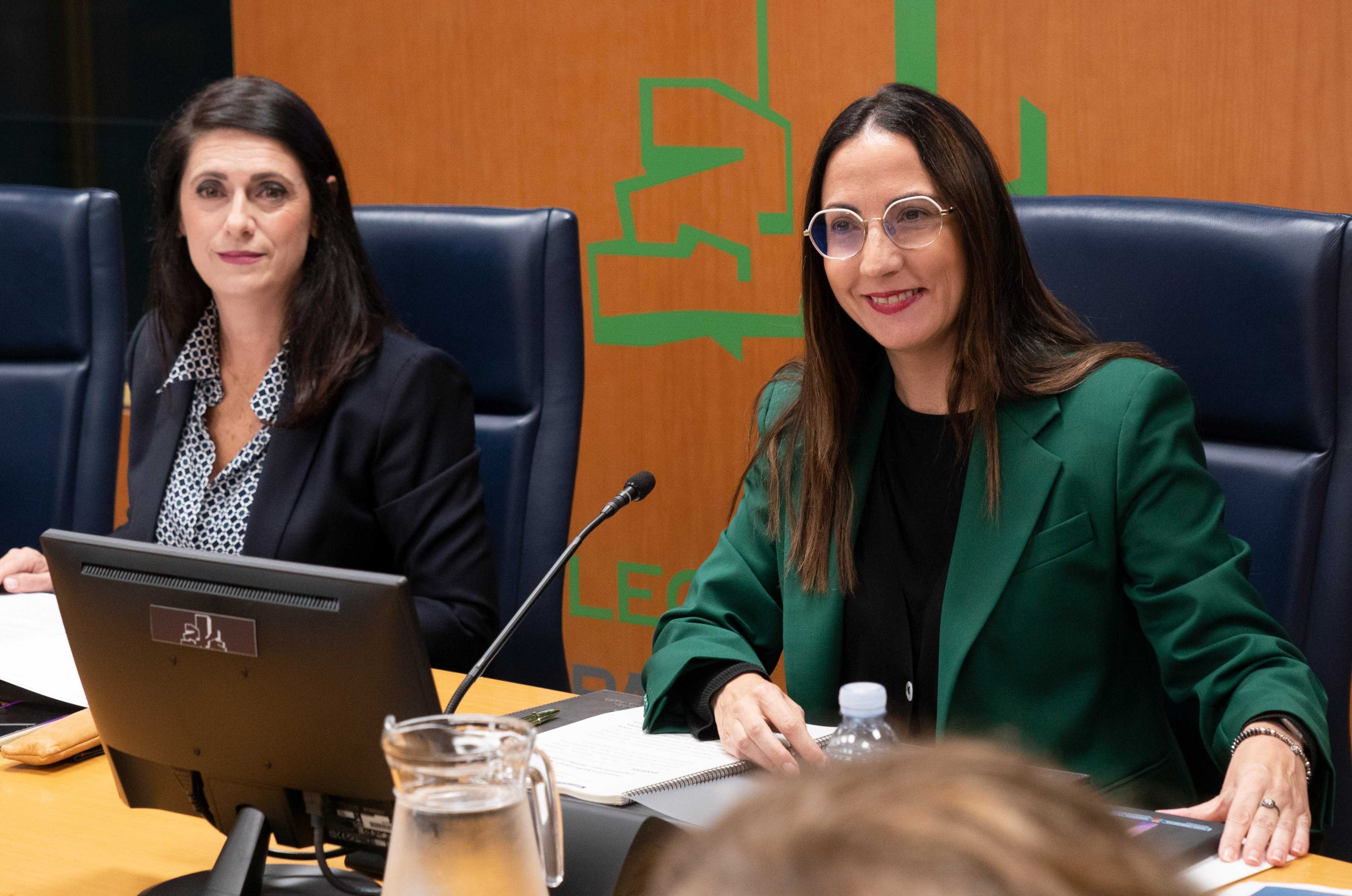94% of Early Childhood Education teachers are women
- The younger the student is, the more feminized the work of a teacher becomes: In Early Childhood Education, more than 9 out of 10 teachers are women in the world, 67% in Primary Education and 54% in ESO. “It’s curious that other care-based jobs (nurses, nursing assistants, geriatric jobs...) have naturally included men, but there has been almost no change in both the teaching of the youngest children and in the canteens.”

The latest report on education published by UNESCO in conjunction with the SM Foundation and Education 2030 has left a global flood of data: we have found, among other things, that the number of primary school teachers who have quit their jobs has doubled from 2015 to 2022 (from 4.6% to 9%); that there is a lack of teachers – think 44 million more teachers are needed in the world to meet the goals of quality education – that around us is mainly in subjects related to mathematics, technology and similar fields; that the head of teacher is barely half as prepared for teaching as many as five years ago, and that many of the teachers are in a classroom with great diversity. This is precisely one of the reasons for leaving the profession, but the report also mentions difficulties in conciliation, health, high bureaucracy, excessive ratios, instability... Among teachers linked to science, better conditions and salaries in other professions are also mentioned as reasons for leaving education.
The macros of numbers, trends and numbers on a global scale are not always valid, because the reality on the ground is different depending on the territory. The gender gap, however, remains the same as in the world in the Basque Country: the educators and teachers of the youngest children are women in a very large proportion.
The number of primary school teachers who have quit their jobs doubles from 2015 to 2022
We talked about it in LA LUZ with Rafa Lizeaga, former teacher of Early Childhood Education, and Axi Iriarte, educator of the children’s school, who gave us a key: “As a man we are not prepared for surveillance, it even seems to be frowned upon.” And another key: “Being able to access prestigious professions or all professions is something that women have achieved thanks to the struggle they have made, while going to a profession that is not valued by men is insignificant in the eyes of society, men may not have taken that step yet.” Even “I would say that in general the figure of the teacher has been losing prestige and that the last in the pyramid is us: university teachers, high school teachers, Compulsory Secondary Education, Primary Education, Early Childhood Education and then children’s schools, I see this order in prestige and salaries”.
Less modern "modern men"
On the one hand, as Lizeaga said, “it is striking to see a man working with small children, it is suspicious of people, if he will be a pedophile... ‘Being a woman’s job, what does a man do here?’ says our unconscious. In England, for example, men were banned from teaching in early childhood education for many years.” And on the other hand, Iriarte believes that “in today’s society there are sensible men, warm men, caregivers... that are not seen as bad, but the changes come very slowly, and in the case of some men I considered to be references and modern, then I have realized that in their roles with their partners and children things have not changed so much. I would say that the care hours have been more equated by necessity (if both parents work, for example), but the implication is not the same and the emotional elaboration mentioned above, the conversations with the child, etc. are still mostly done by women.”
"More important than being a man or a woman is what we transmit, what values, because we all transmit many things, consciously and unconsciously"
It is clear to the interlocutors: “It would be very important and enriching to have more mixed groups of educators of the 0-6 age group. It is abnormal that the presence of men in nursery schools and early childhood education is so scarce. And beyond gender, linked to race, functional diversity, etc., the existence of diversity among teachers is enriching.” However, “it is more important than being a man or a woman what we transmit, what values, because we all transmit many things, consciously and unconsciously, and that is what children receive. By the time they are 4-5 years old, a lot of stereotypes are exposed in the day-to-day, because the rose is the color of the girls and a lot of other examples, which are very embedded, it is a constant task to question all this with children, both by men and by women.”
The full interview: “It is abnormal that so few men dedicate themselves to children’s schools and early childhood education”
We have had to endure another attack on our language by the Department of Education of the Government of Navarre; we have been forced to make an anti-Basque change in the PAI program. In recent years, by law, new Model D schools have had to introduce the PAI program and have had... [+]
Public education teachers have the need and the right to update and improve the work agreement that has not been renewed in fifteen years. For this, we should be immersed in a real negotiation, but the reality is deplorable. In a negotiation, the agreement of all parties must be... [+]
Lehengai anitzekin papera egitea dute urteroko erronka Tolosako Lanbide Heziketako Institutuko kimika industrialeko ikasleek: platano azalekin, orburuekin, lastoarekin, iratzearekin nahiz bakero zaharrekin egin dituzte probak azken urteotan. Aurtengoan, pilota eskoletan kiloka... [+]
Garai kuriosoak bizi ditugu eta bizi gaituzte, zinez. Hezkuntza krisian dela dioten garaiak dira eta, gutxien-gutxienean, aliritzira, ba aizue, 2.361 urte ditu gaurgero boladatxoak.
Ez zen ba debalde joan Aristoteles bere maisu maite Platonen akademiatik lizeo bat muntatzeko... [+]
















